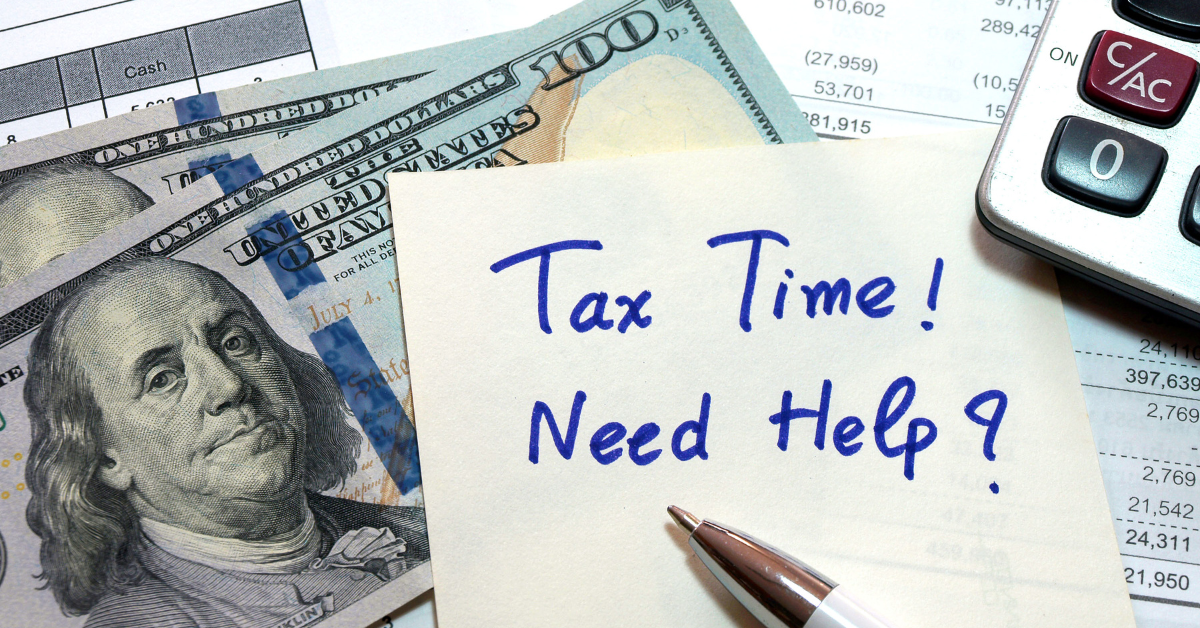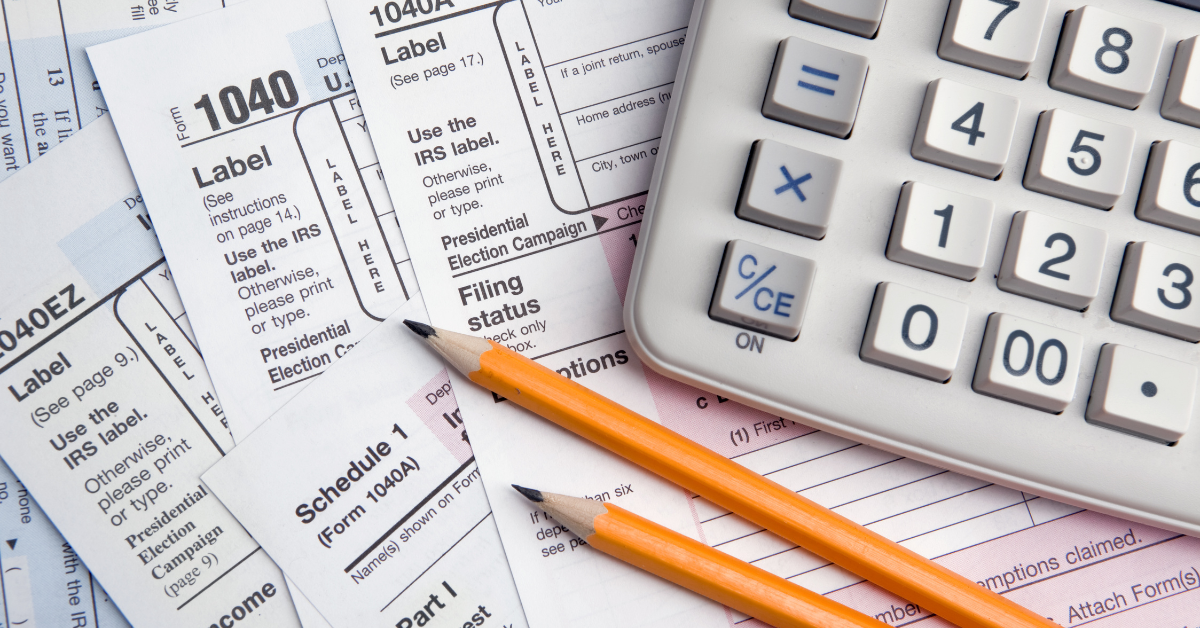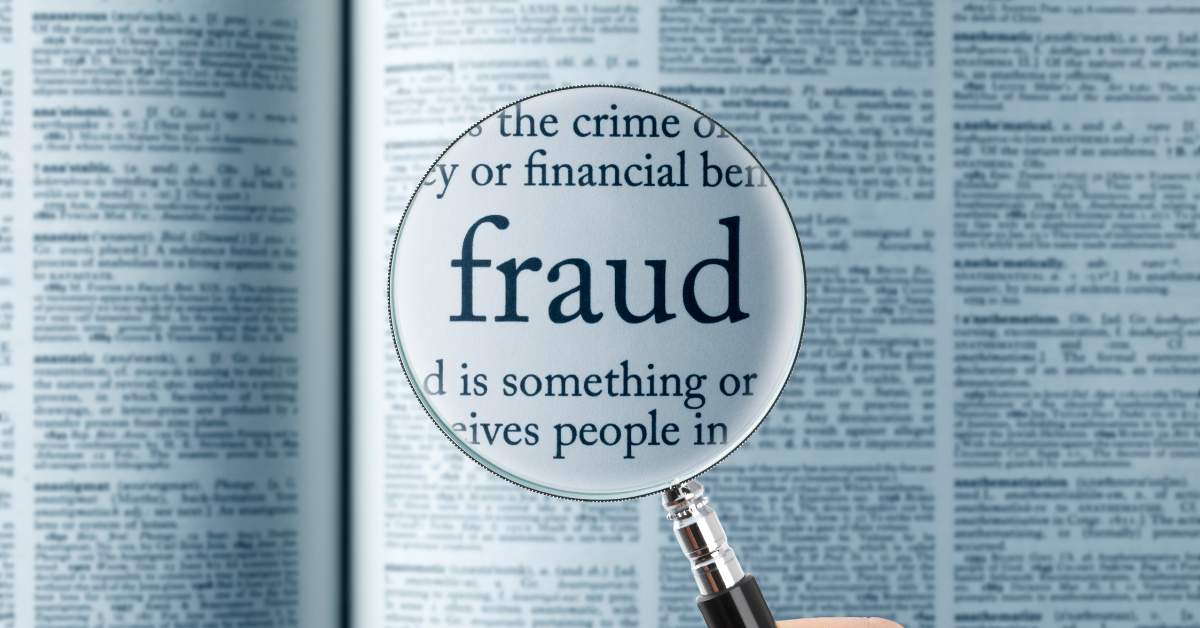At Neely’s Accounting, we understand the critical role an efficient accounting system plays in the success of your business. It’s the financial heartbeat, influencing decisions and strategy while ensuring precision and compliance. To help you navigate the maze of developing and improving your accounting system, we’ve compiled a step-by-step guide with an insider’s perspective.
1. Identify Your Needs: We’ve worked with a diverse range of businesses, and if there’s one thing we’ve learned, it’s that no two are the same. Your accounting system should reflect the unique nature of your operations. From simple expense tracking to full-fledged financial reporting, determine what you need from your system.
2. Selecting the Right Software: The advent of accounting software has streamlined financial management. In our experience, consider scalability, ease of use, integration capabilities, and security when selecting software. We often recommend solutions like QuickBooks, Sage, and Zoho Books to our clients.
3. Customization is Key: A one-size-fits-all approach seldom works for accounting systems. Tailor your system to match your operations. Our friendly, Roanoke CPAs can assist you in customizing your system, from setting up automated invoice reminders to report generation.
4. Invest in Training: As CPAs, we know the difference comprehensive training can make. Ensure your team knows how to use your system effectively, from its basic functionality to troubleshooting.
5. Implement Regular Auditing: An essential step often overlooked is regular auditing. Internal audits ensure data accuracy and system efficiency, preventing minor issues from escalating. Neely’s offers comprehensive auditing services to provide peace of mind.
6. Updates and Upgrades: Just as tax laws and financial regulations evolve, so do accounting systems. Staying updated with the latest features and upgrades will ensure you’re utilizing the most efficient tools.
7. Consult with Professionals: A professional perspective can prove invaluable. As Roanoke’s trusted CPA firm, we can provide expert advice to ensure your system aligns with financial regulations and mitigates potential risks.
Streamline Your Accounting System with Neely’s
Developing and refining an accounting system is not a one-and-done process. It’s a journey that involves continuous learning and adaptation. By following these steps, you’ll not only create a system that caters to your current needs, but also one that’s ready to grow with you. Reach out to us today, and let’s pave the path to financial excellence together.



